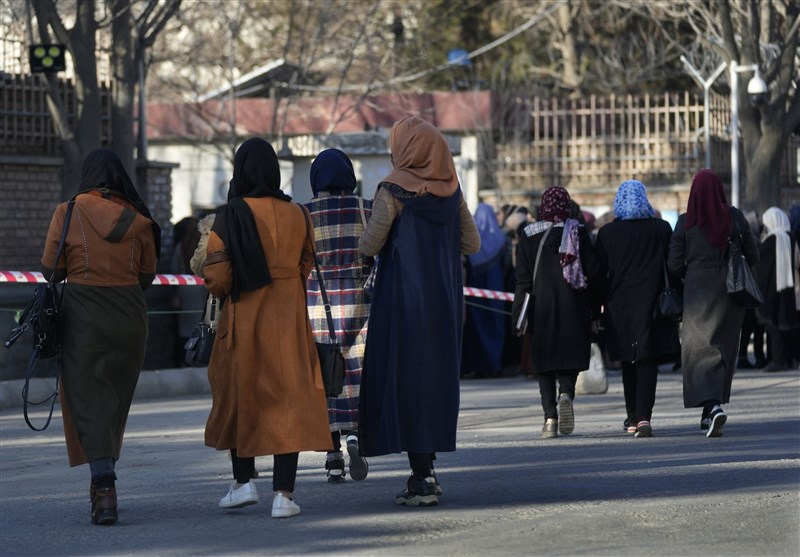In an interview with the website of the Strategic Council on Foreign Relations, Nozar Shafiei continued: Currently, the Taliban has limited or ignored almost all of those rights, and this comparison naturally led to reactions from the Afghan society, especially women, in the form of civil protest; although men also accompany them sometimes.
The expert also explained about the Afghan society and their view on those measures by the Taliban, adding: This society consists of two parts; one is the traditional society, which mainly includes Pashtun and rural areas, and the other is the modern society, which includes the main and central cities of Afghanistan, such as Kabul, Kandahar, and Mazar-e-Sharif. It is natural that the modern society will react more to such measures by the Taliban.
Shafiei also said: As the report of the Asia Foundation and of the United Nations show, banning women’s education entails wide-ranging social consequences for the Taliban and has increased social dissatisfaction with the Taliban government.
According to the expert, the women’s community is half of the Afghan society, and this community of women, who had the higher education experience and sometimes the experience of political activities and the experience of trade union activities, do not tolerate those limitations at the current stage. Therefore, such measures have the most negative effects on the position of the Taliban among women.
Shafiei also explained the impact of such Taliban measures on the world view of them, saying: If we consider the world view in the form of the reactions of the United Nations and also condemnation of the action of the Taliban by other countries, the sensitivity of the international community towards this action of the Taliban is definitely high.
He added: For this reason, many countries as well as the United Nations condemned the measure of the Taliban and stopped the activities of some institutions in the humanitarian field.
The expert on Afghanistan affairs explained that the Taliban’s move in banning higher education for women also had negative repercussions from this point of view; especially since the Taliban has not been recognized by any country and the recognition of this group was subject to a series of measures, including the freedom of women to further their study.
Pointing out that the Taliban is now under pressure both internally and externally, Shafiei said: The Taliban’s idea is that by establishing a level of security in the Afghan society, it can gain the necessary legitimacy among the people, or it can be said it believe that after 40 years, established the first centralized government with the highest degree of stability and security in Afghanistan.
He emphasized: This is despite the fact that some actions taken by the Taliban have violated the rights of many Afghan citizens, and therefore it will certainly bring reactions from the international community and the reactions of the internal society of Afghanistan, which will make the Taliban face a serious challenge. At the same time, it brings serious problems to the recognition of this group in the international community.
Shafiei also stated that the internal dissatisfaction caused by the prohibition of women’s education is part of the set of concerns regarding the Taliban, and explained: Currently, the situation of Afghanistan’s economy is not suitable, and in the field of security, the security of ethnic and religious minorities is extremely facing problems.
He continued: Therefore, in addition to the many cultural, economic, social, political and security restrictions, the issue of banning women’s education has also become more important and will cause problems for the Taliban. From this point of view, the further we go, the more serious challenges the Taliban will face.










0 Comments